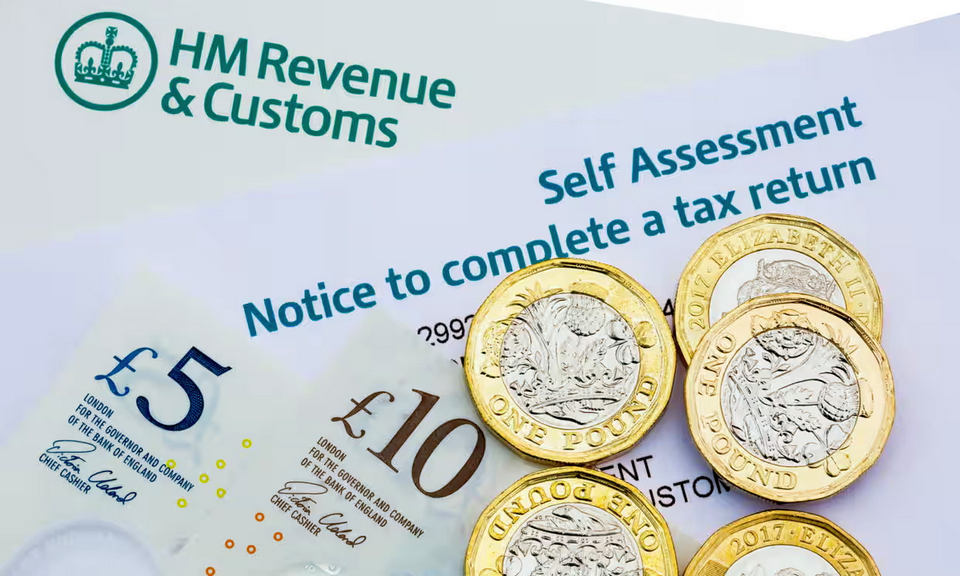
The UK inspired T-shirt says that good guys go to heaven and bad ones to Pattaya. There has been a recent spate of juicy reminders such as naughty boys urinating on the beach, arrests for poker enthusiasts and Liverpool “kiss” street fights involving knuckleheads outside a mobile brothel in a city red light district.
Now there’s benefit fraud, with TikTok celebrity Ellis Matthews – arrested in Pattaya for visa overstay – having allegedly cheated the UK Department for Work and Pensions (DWP) out of 2,300 pounds monthly maybe for years. Ms Matthews says she enthusiastically advised her followers on social media how enjoy luxury in Thailand at British taxpayers’ expense.
How much of her cash story to believe, as detailed in UK newspapers, is an open question. Why would someone so rich go into overstay in the first place? Extensions and border hops are very easy and cheap to obtain lawfully in Thailand. Why wouldn’t a jealous TikTok reader report her to the well-publicized phone number of the DWP fraud and error service?
There’s no denying benefit fraud (90 percent of it within the UK) costs the UK government a lot of money, perhaps 8 billion pounds a year according to one DWP estimate. Yet Thailand is not amongst the front runners. A DWP report has Spain as number one and there’s even a special fraud hotline number based there. Then comes Pakistan, Turkey, India, the US, France, Bangladesh and finally the Land of Smiles with a modest 172 cases known.
It’s not possible to receive state benefits – beyond the frozen state pension entitlement – if you live in Thailand and if the UK government knows it. In 2016 a found-out claimant living in Pattaya had received income support, employment support allowance, jobseekers’ allowance, housing and council tax benefit. But he had kept a flat in UK specifically to deceive the authorities and had even managed to book flights without using his real name.
Maintaining a fake address or post-restante in UK is the most popular ruse, provided the claimant has a reliable partner to pick up the mail or answer the door bell. Last year, a Brit living in Pattaya was uncovered when a DWP fraud officer visited the stated Blackpool address and was told by his annoyed wife, “He’s never here, the lucky sod lives in Pattaya”.
British authorities have made several attempts to strengthen the laws governing international fraud. A 2024 bill would have authorized UK banks to share suspect customer information with DWP but it was never enacted because of the British general election. It was replaced by the Data (Use and Access) bill which is only at the beginning of its legislative journey.
Both Britain and Thailand are subscribers to the Common Reporting Standard, a very broad international agreement to crack down on tax evasion and fraudulent banking, which now allows personal banking to be scrutinized by host governments. This has already created a stir amongst lawful expats in Thailand who are now subject to taxation on some (not all) funds transferred from overseas. Perhaps the attention needs to switch from law-abiding retirees to criminals seeking to outwit a UK benefits investigation system which is obviously failing to deter.










